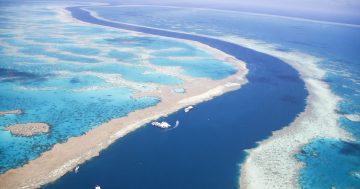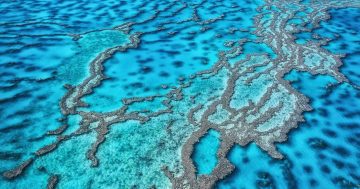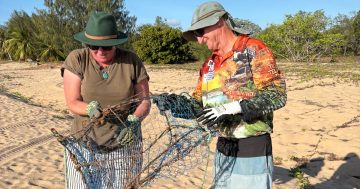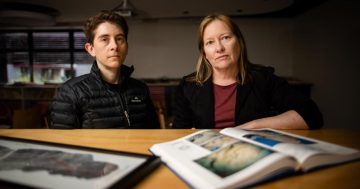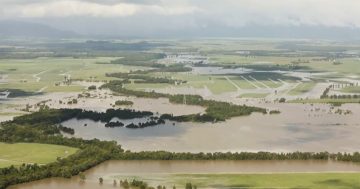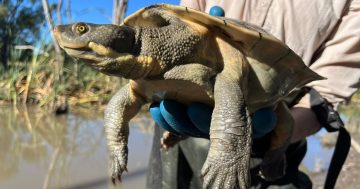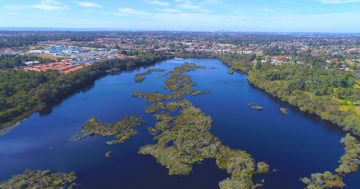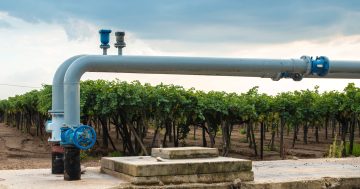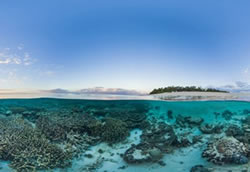 A new water quality collaboration between the Department of Environment and Science and the University of Queensland (UQ) promises to improve the water in the Great Barrier Reef.
A new water quality collaboration between the Department of Environment and Science and the University of Queensland (UQ) promises to improve the water in the Great Barrier Reef.
The Reef Catchments Science Partnership (RCSP) is being led by Michael Warne and Stuart Phinn at UQ and aims to develop new and enhanced methods of land and water quality monitoring.
“Innovative, high-tech monitoring and modelling tools will allow us to better protect the reef and achieve Queensland’s conservation goals,” Dr Warne said.
“It will help implement key components of the Queensland Government’s Reef Protection Regulations and generate information to assist in the design and delivery of water quality improvement programs and projects.”
He said the regulations were designed to quickly improve practices to reduce land-based pollutant runoff from both industrial and new agricultural sources.
“The RCSP will work to develop customised monitoring tools and data products for use in the field, bolstering both monitoring and compliance,” Dr Warne said.
“A large part of the program will include building tools to support the calculation of various forms of nutrients and sediment entering the reef.”
Professor Phinn said the partnership would allow Government Agencies to work with communities to monitor, model and reduce pollutant and pesticide loads in reef catchments.
“Appropriately-developed technology and information will help us better understand and manage human impacts on the reef,” Professor Phinn said.
“We’ll be able to transform scientific expertise into real, practical tools, with direct impacts on water quality in reef catchments and on the reef itself.”
UQ’s research team will also include a senior scientist, five post-doctoral fellows and one PhD student, with Queensland Government scientists also contributing.


